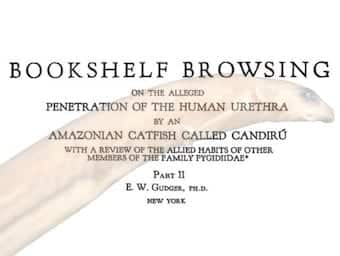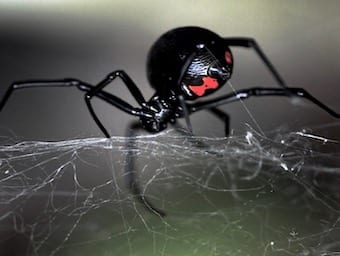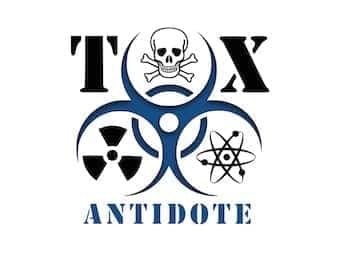
Spider envenoming
Spider envenoming: In Australia the only two spiders of real importance = Funnel-web and the Red-Back; only these two can cause death or severe systemic illness

Spider envenoming: In Australia the only two spiders of real importance = Funnel-web and the Red-Back; only these two can cause death or severe systemic illness

Ciguatera Poisoning: A bizarre poisoning syndrome with acute and sometimes severe neurological and gastrointestinal symptoms caused by eating tropical reef fish that have accumulated ciguatoxin from the dinoflagellate Gambierdiscus toxicus; most common cause of fish poisoning worldwide.

Tick paralysis is a rare life-threatening disorder caused by envenoming from ixodid tick bites. Can cause respiratory paralysis

Having a toothpick fish (the Candiru) take a detour up your urethra doesn't really bear thinking about. Apparently the worst thing that can happen to a parasite is to end up inside the wrong host...

Early use of high-dose insulin euglycemic therapy (HIET) for verapamil toxicity (Calcium channel blocker toxicity)

Slides from my presentation on Marine Injuries at the annual meeting of the Texas Medical Association. EBM Gone Wild Lectures Spider Bites that aren’t MRSA Fish Poisoning Centipedes, caterpillars and other creepy crawlies Toxmed 2014 Diabetic Ketoacidosis (DKA) TCEP

Redback spider bites are of decent medical importance, if you live in Australia or any of the places they’ve been carried to by humans. Their venom inflicts you with pain that can be local, regional, or generalized. It can also…

Cyproheptadine is a histamine and serotonin antagonist with anticholinergic properties. It has been advocated for control of symptoms in mild-to-moderate serotonin syndrome.

Calcium – useful antidote for calcium channel blockers, hydrofluoric acid exposure to skin or systemic fluorosis, ethylene glycol (hypocalcaemia), hyperkalaemia and iatrogenic hypermagnesaemia.
Atropine is a competitive muscarinic antagonist, used to treat drug-induced bradycardia and poisoning by acetylcholinesterase inhibitors Organophosphate poisoning: Adult Dose = 1.2mg with further dosing every 2-3 mins, doubling the dose each time until there is drying of secretions. Paediatric…

Used for both the acute or chronic overdose. Typically this is from the pharmaceutical agent digoxin. Other cardiac glycosides such as Oleander can be treated with digoxin immune fab.

Antivenom is widely used for Australian envenoming syndromes. Antivenoms are generally perceived, by both clinicians and the general public, as highly effective treatments. However, there is little evidence to support this widely held view, in fact, the weight of evidence suggests that some antivenoms are ineffective in clinical practice.